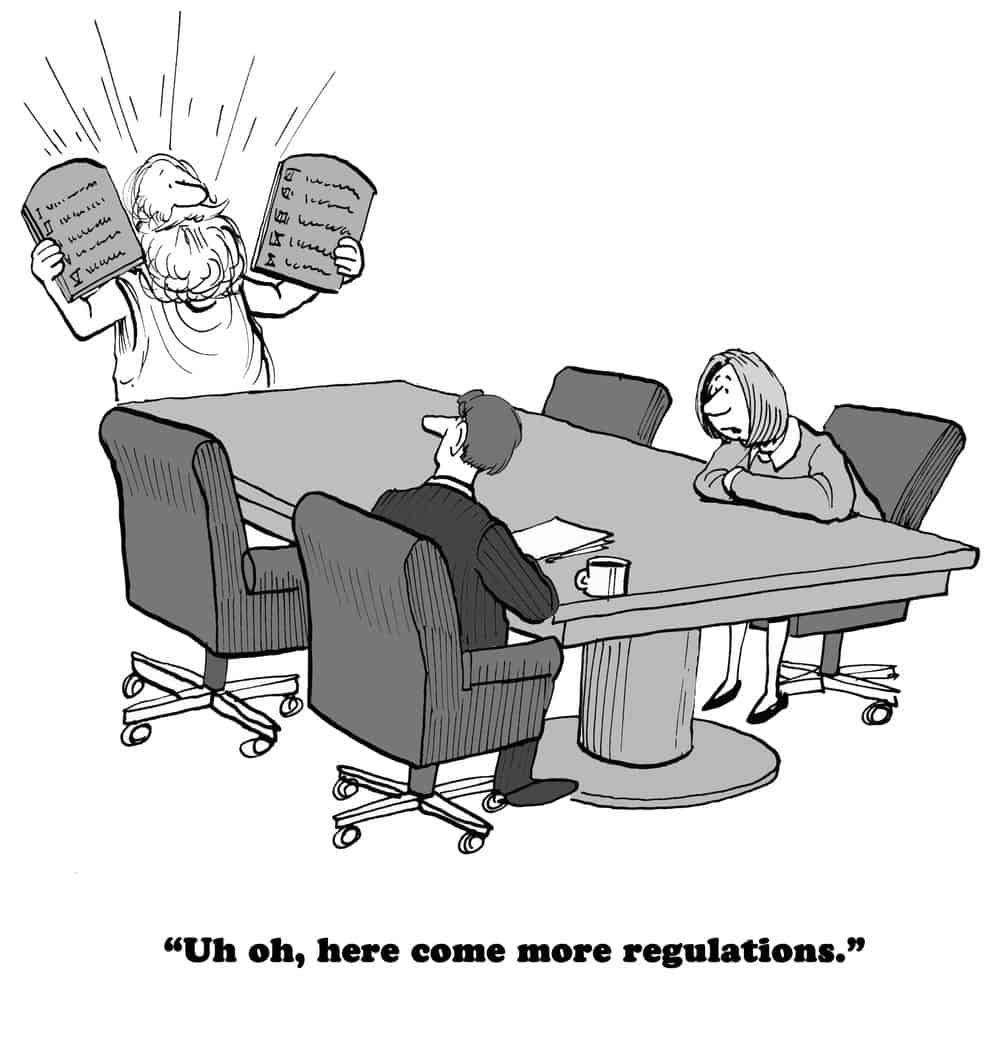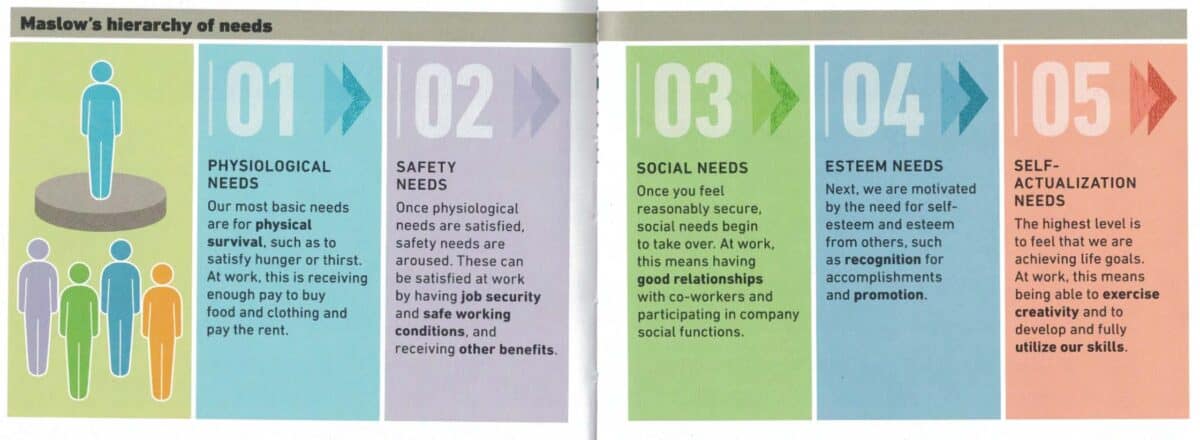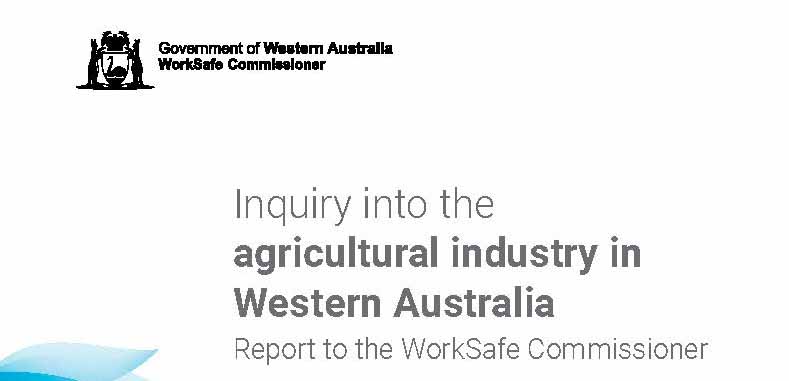The March 2023 edition of Professional Safety, the journal of the American Society of Safety Professionals, included a lead story about the safety professional’s role in ESG (Environment Safety and Corporate Governance) strategies. Its perspective was a little unclear and was based on many assumptions.
One of the problems with the article is the assumption that the occupational health and safety (OHS) professional has a large influence over the decisions of the business. That is rarely the case, and there are many instances of OHS being sidelined or compartmentalised by structural and reporting lines and the exclusion of OHS from key decision forums like Board Meetings. So does OHS have a role and to what extent?







